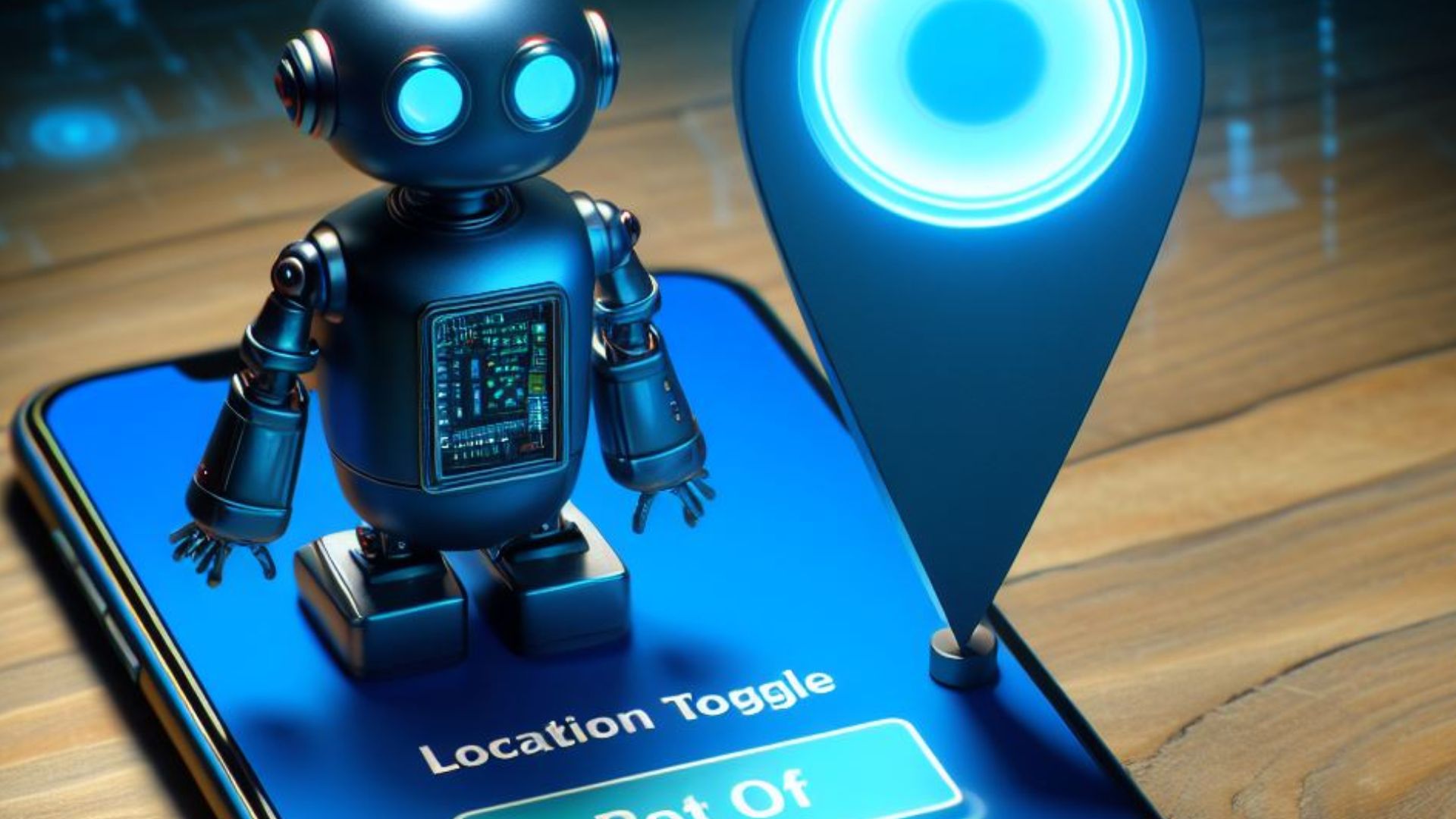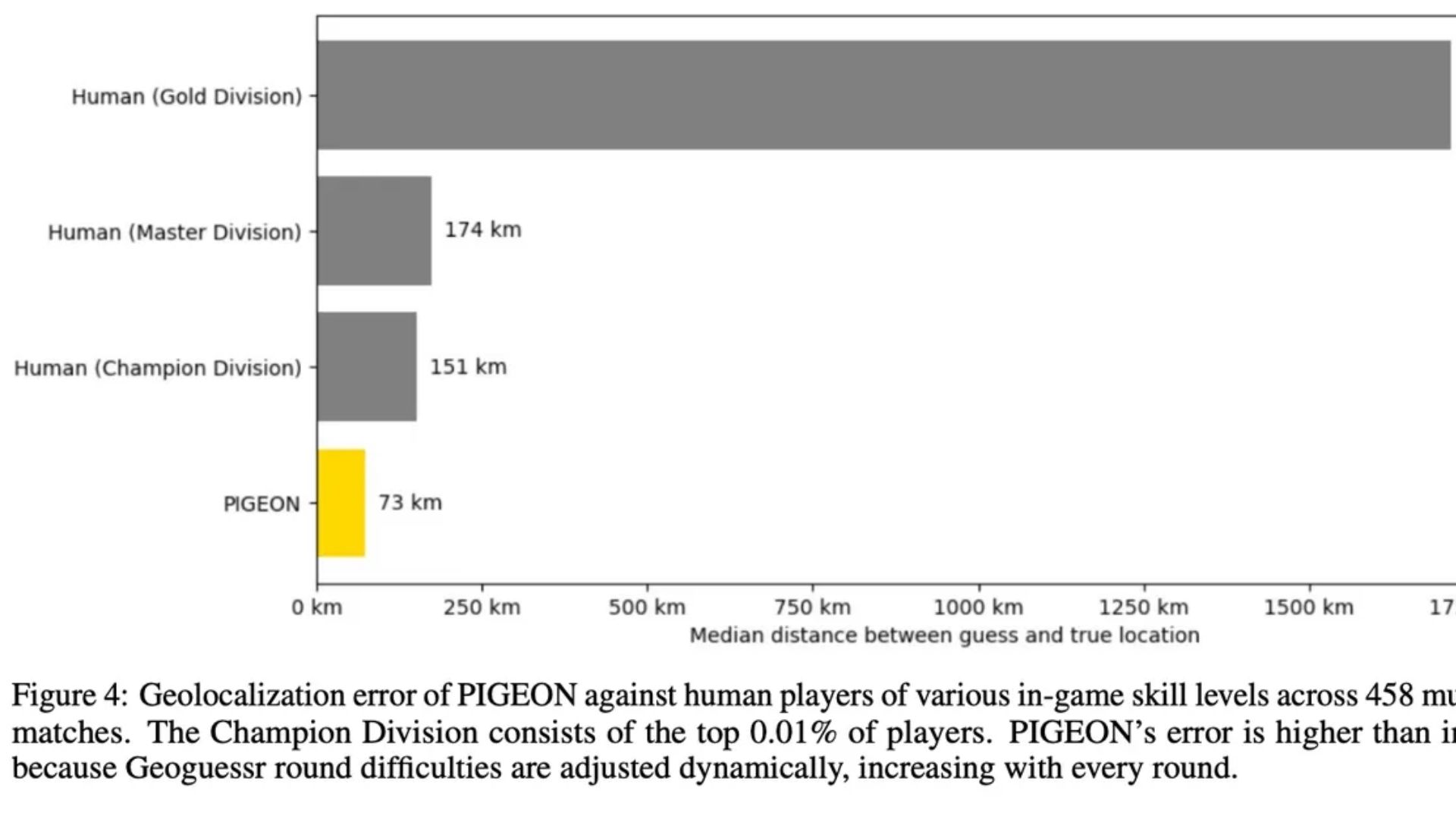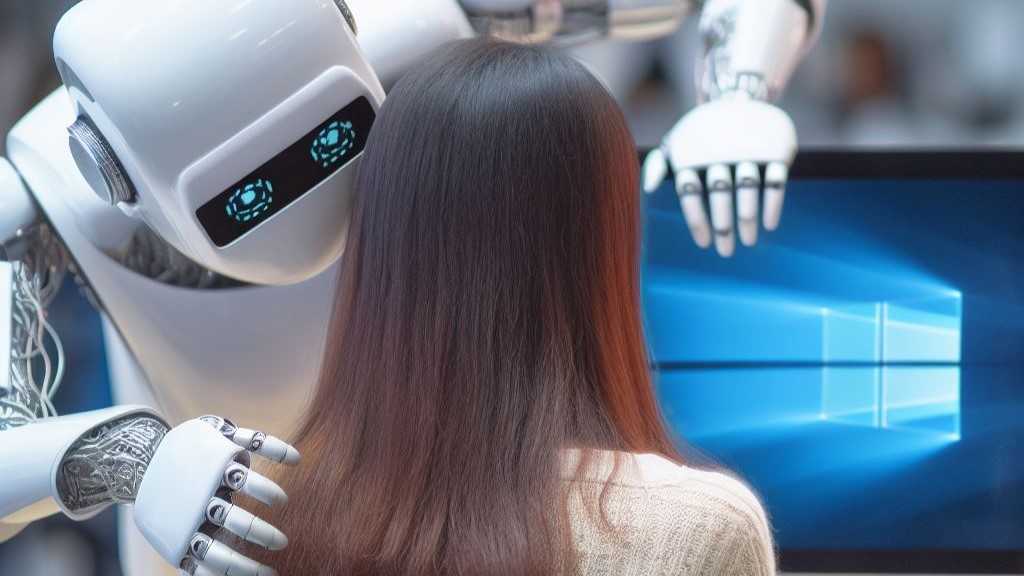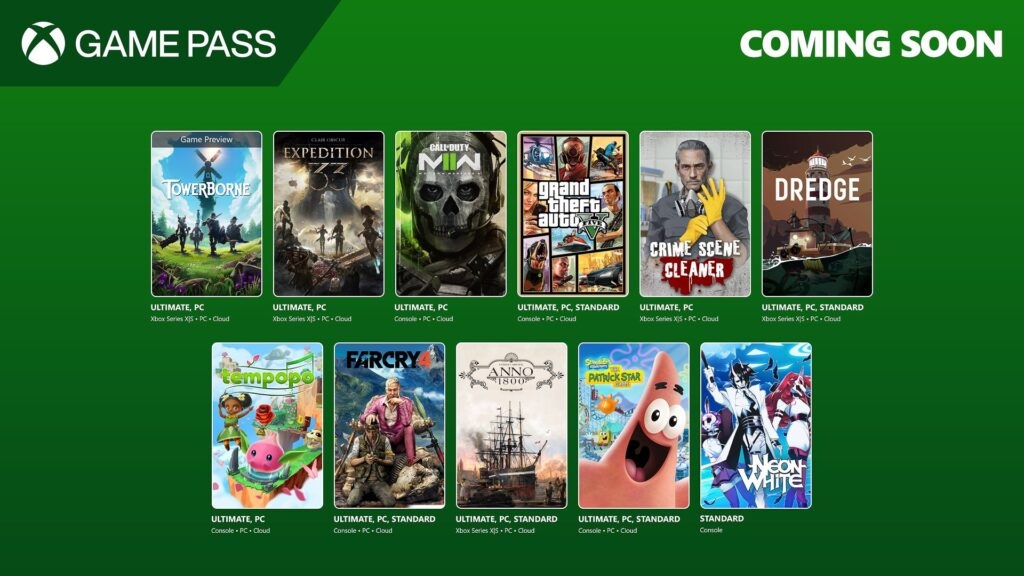New AI pinpoints your exact location from one photo with 92% Street View accuracy — beating a pro GeoGuessr player
A new app based on OpenAI's CLIP neural network can identify your exact location based on a photo from Google Street View.

What you need to know
- Graduate Students from Stanford University have developed an AI-powered app that can determine your exact location based on its Google Street View.
- The tool promises 92% accuracy, narrowing down the location to 25 kilometers from the exact location in over 40% of its guesses.
- While running benchmarks, the app beat renowned GeoGuessr player Trevor Rainbolt in six matches.
- The app is based on OpenAI's CLIP neural network, which allows it to link text to images.
- The model hasn't been shipped to broad availability due to safety and privacy concerns.
Generative AI was huge in 2023 and is expected to maintain the same tempo in 2024. Admittedly, users have dabbled quite a bit with the technology, ultimately achieving incredible feats in medicine, education, politics, and tech in general. Microsoft has been at the forefront of incorporating AI across most of its products and services, especially after making a multi-billion dollar investment in OpenAI's tech.
In equal measure, the technology has also suffered setbacks revolving around safety and privacy. This has driven users over the edge, blatantly expressing their reservations towards AI. Biden's administration clocked this issue, consequently leading to the issuing of an Executive Order designed to place guardrails that will help govern the technology's use.
RELATED: US government's export rules block $5 billion worth of advanced AI GPUs from China
As we begin the year, AI continues to pose a threat (especially for users who prefer to lead a silent and private life). Social media flings your life open to the entire world. Luckily, there are a few elaborate measures that you can leverage to establish a bit of privacy, including making your social media accounts private, limiting commenting and status viewing capabilities, and even choosing not to include the precise location when sharing photos.
But did you know that AI can determine your exact location despite having the measures above in place? Last year, a group of graduate students from Stanford University developed an AI-powered app with the capability to identify and determine your exact location based on a photo. The app can narrow down your location based on the street view presented in the photo or, generally, the shared image source.
Per the project dubbed Predicting Image Geolocations (PIGEON), the app can determine the exact location of where a photo was taken by looking at the Google Street View of the location. What's more, the app promises 92% accuracy when narrowing down where the photo was taken. The app can also narrow down the location to 25 kilometers from the exact location in over 40% of its guesses.

Putting this into perspective, PIGEON was ranked within the top 0.01% of GeoGuessr players. For those unaware, GeoGuessing is a geography game where you're expected to guess the exact location of where a photo was taken based on a Google Street View of the location. For a bit of context, this was the entire premise for PIGEON.
Get the Windows Central Newsletter
All the latest news, reviews, and guides for Windows and Xbox diehards.
How does PIGEON work?
The app is powered by OpenAI's CLIP neural network, which ships with the capability to link text and images. The model is trained on the names of visual categories to focus on. It beat world-renowned GeoGuessr player Trevor Rainbolt in a series of six matches.
At the onset of the PIGEON project, Stanford University graduates trained the app using 100,000 original locations from GeoGuessr, which were sampled randomly. The graduates also downloaded four images to span an entire "panorama" in a given location, translating to 400,000 images.
According to one of the graduates part of the PIGEON project:
"We created our own dataset of around 500,000 street view images. That's actually not that much data, [and] we were able to get quite spectacular performance."
PIGEON can pick up on important details like foliage and weather when pinpointing a specific location. This is the main reason it displays incredible performance compared to other models like OpenAI's DALL-E 2. In comparison, the latter is trained using millions of images, not forgetting the vast resources available to make it even better, but still PIGEON posts better results.
Great infringement of privacy impending

While this is an incredible feat that can potentially lead to great development, I cannot help but think of the negative implications the AI-powered app will pose if shipped to general availability.
READ MORE: New York Times sues Microsoft and OpenAI over copyright issues
The Stanford graduates highlighted that the app can pose as an effective tool when it comes to autonomous driving, visual investigations, security, and more. However, if the tech lands in the wrong hands and is used for ill purposes other than what it's intended for, the damage that can be caused is highly concerning.
To that effect, the model hasn't been released to the public. As shared in the project, the students only shared the code for academic purposes.
As a result, the students have decided not to release the model weights publicly and have only released the code for academic validation, according to the paper.
What are your thoughts on this emerging technology and its long-term impacts on privacy and safety? Let us know in the comments.

Kevin Okemwa is a seasoned tech journalist based in Nairobi, Kenya with lots of experience covering the latest trends and developments in the industry at Windows Central. With a passion for innovation and a keen eye for detail, he has written for leading publications such as OnMSFT, MakeUseOf, and Windows Report, providing insightful analysis and breaking news on everything revolving around the Microsoft ecosystem. While AFK and not busy following the ever-emerging trends in tech, you can find him exploring the world or listening to music.
